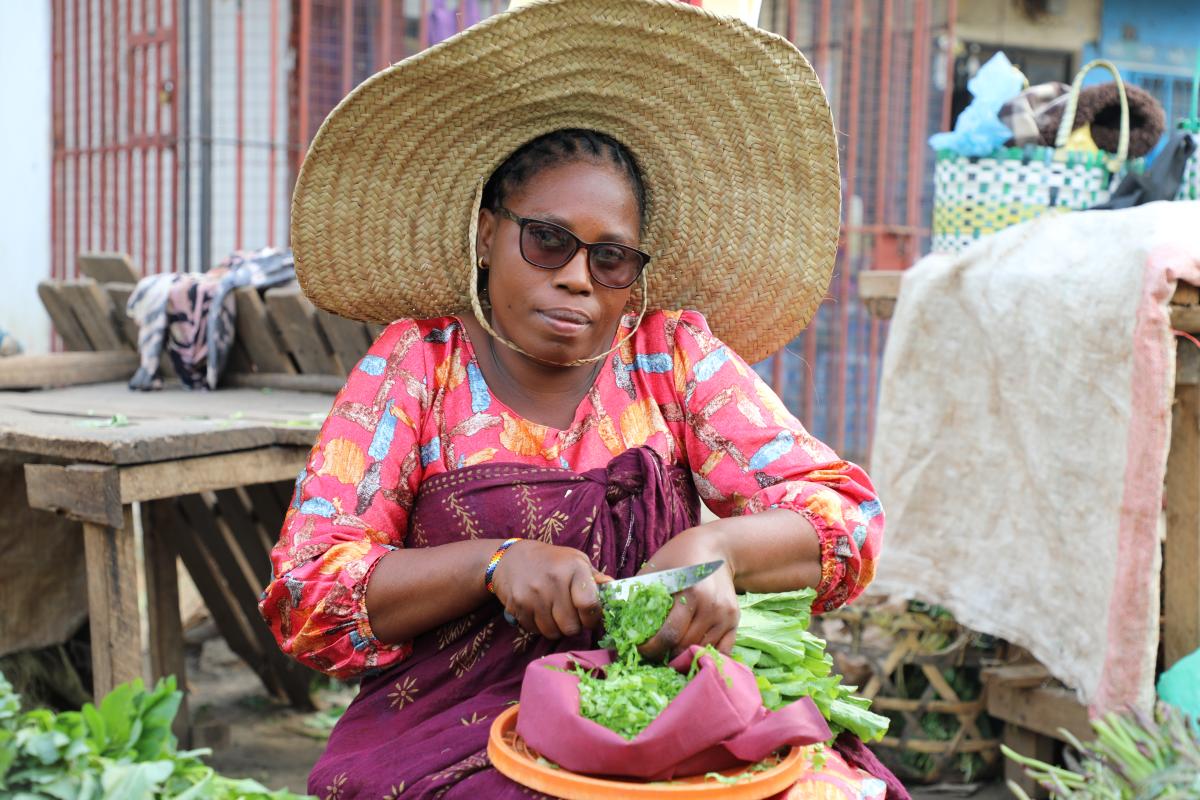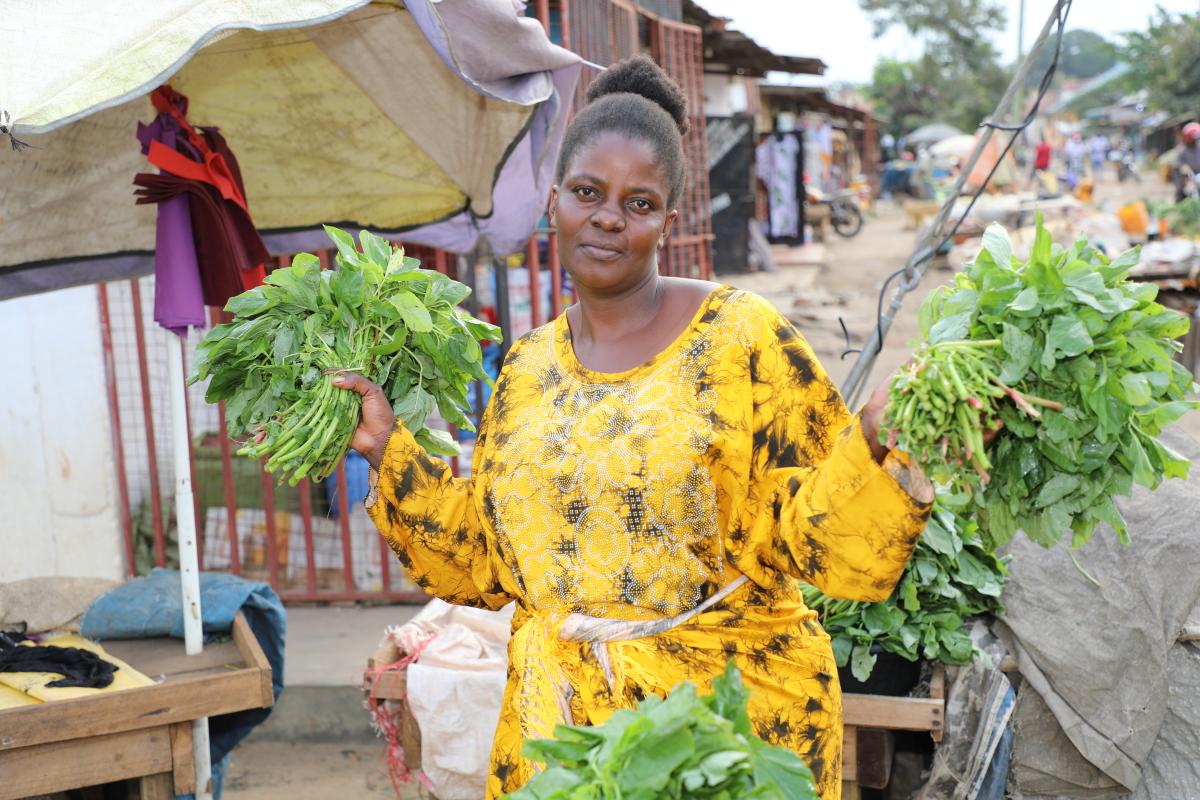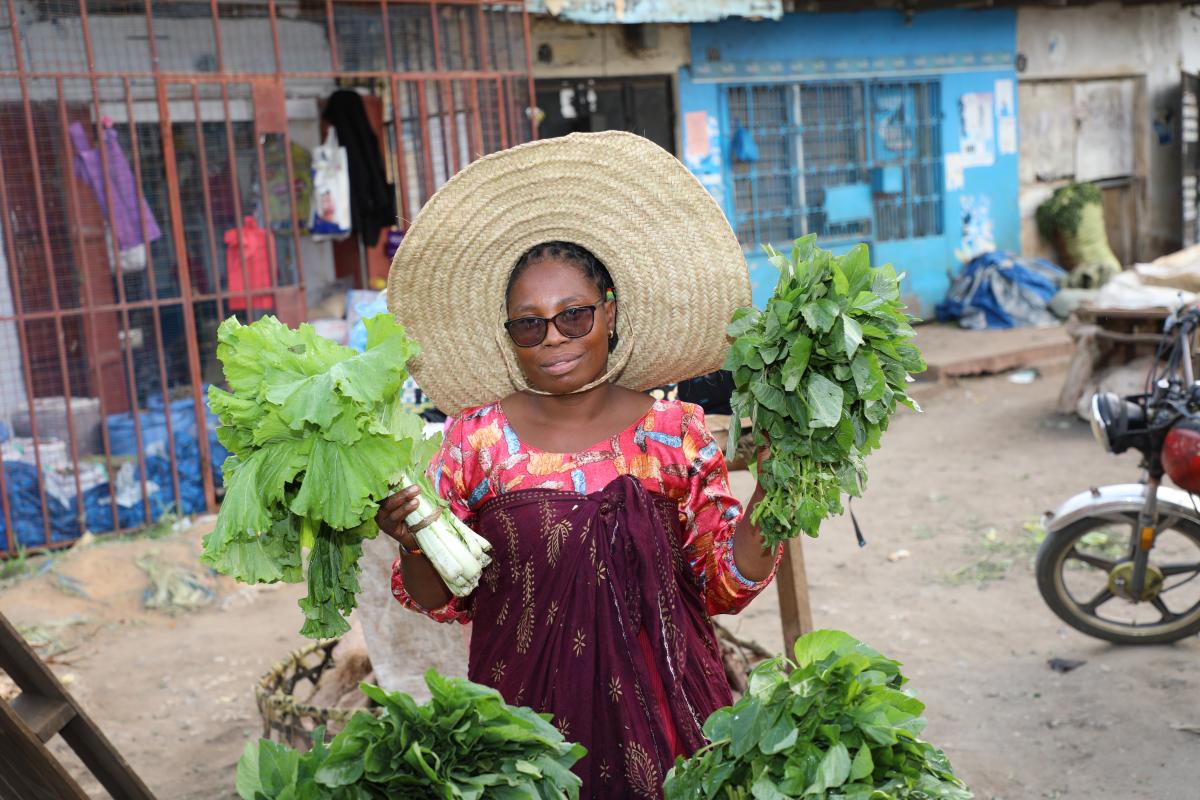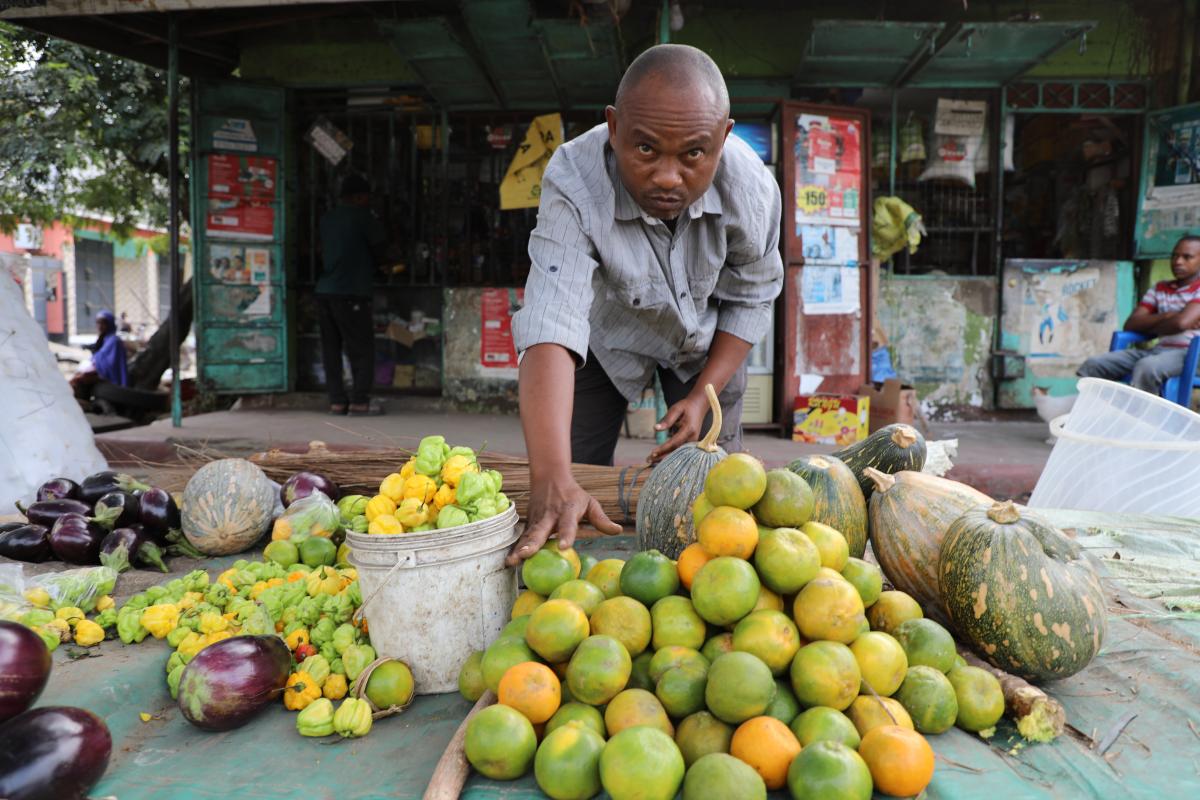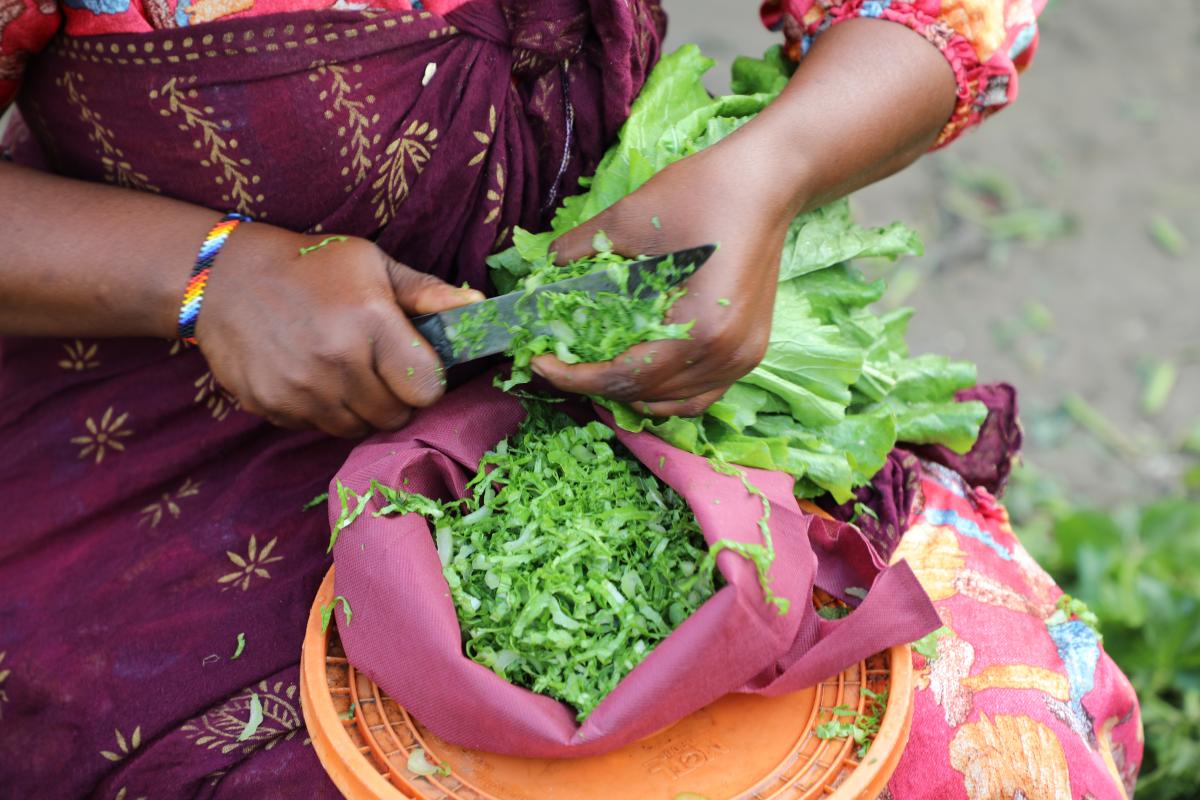Tanzania: Traders initiated community microfinance group boosts growth of their businesses
For a
successful business of selling fresh vegetables at Mlango wa chuma
market in Tanga you need capital, space in the market, good quality produce
from farmers and, customers.
One of
these ingredients is scarce for most traders in the market. Capital, perplexingly. Vegetable sellers in Mlango wa Chuma and
Mgandini Markets struggle with capital not only because their merchandise is perishable
but also, they lacked essential financial skills.
Big
picture
It is estimated that Tanzania's SME sector consists of over
3 million enterprises that contribute 27% of the overall GDP. More than half
are owned by women. They are pestered with weak business development services,
high informality, weak governance and capital.
Community
taste—and demand— for fresh farm produce hook vegetable traders at Mlango wa Chuma to a one-day
business cycle—buy fresh produce at sunrise dusk, sort, sell, buy your domestic
needs, tomorrow—repeat. Whenever an emergency gutted cash flow, most traders
floundered without cash to buy fresh produce the next morning.
“I had no
choice except borrowing from loan sharks. High interests dragged on. I was on a
cliff every day,” says Lailat Awadh, a
vegetables' trader at Mlango wa Chuma.
The
Building Bridges program in Tanzania found that 15 out of 20 SMEs rely on
personal or family sources for loans.
With
hundreds of small and medium businesses in urban areas in Tanzania straddling
partial growth and collapse cities could not be inclusive, safe, resilient and
sustainable.
With funding from the European Union in the Inclu-cities
project, Rikolto East Africa set up and facilitated partnership with Tanga City
Council to unite stakeholders that offer financial and non-financial services
to (food) entrepreneurs in and around the city.
Rikolto
identified and invited small scale traders and imparted knowledge about
financial management skills and business growth pathways. From Mlango wa Chuma
17 traders participated; Mgandini sent 23 traders.
Formation
of saving groups
Rikolto,
did not form groups for them or placed a condition for them to group up to get
some support.
“After the
training,I asked folks that participated, why don’t we start a saving group to
help ourselves with building discipline for saving?” says Awadh.
Five agreed
right away to set up Mlango wa chuma Community Microfinance Group, obliging each member to deposit saving every day and committing to direct savings to grow their businesses. In eight months,
their saving has grown to more than 8m/- by August 2025.
These
results resonate with Inclu-cities objective to work with Rikolto in supporting
formation of medium and small-scale enterprises as well
as needs-based training to business owners.
“The fact
that these traders direct their savings to grow their businesses is evidence
that they are applying the knowledge they received in the trainings they
participated,” says Kikolo Mwakasungula, Inclu-cities Project Manager.
Growth
of businesses
Every
member of the group has a rosy story about the positive changes in their
businesses. None borrows from loan sharks anymore. None buys produce on credit.
Each has financial means to diversify in terms of produce they buy and sell.
“Because I
pay cash, I have power to choose only the best produce,”
They also
initiated another saving fund for buying key domestic needs for their homes at wholesale
prices.
“It saves
me a lot of money on home supplies and helps me save more to focus on the
business,” says Bakari Harid Mpanga, a trader and now vice chairperson of the savings group.
Spread
of a good practice
Traders
that initially were hesitant to join the saving group have also organised into
a savings group—with 35 members.
According
to Eliud Dotto, Rikolto Field Officer in Tanga, similar savings community has
been initiated at Mgandini Market - the second-biggest market in Tanga. “Empowering
traders in the markets to grow their business will positively impact the food
system in Tanga,” he says.
According
to Awadh and her fellows, now they are firming their plans to start a poultry rearing
business using their savings of the group and, if possible, a loan to augment
the capital.
Now, that obtaining
and growing a capital has been solved, the success of traders at Mlango wa
chuma market is not only a possibility, but realisable.
The market’s name, - translated iron
door - derived from its original iron clad entrance, will distinguish it
again as place of successful city traders in the heart of Tanga city’s storied
geometrical perfect layout of the streets.
Latest news from this project
No news
